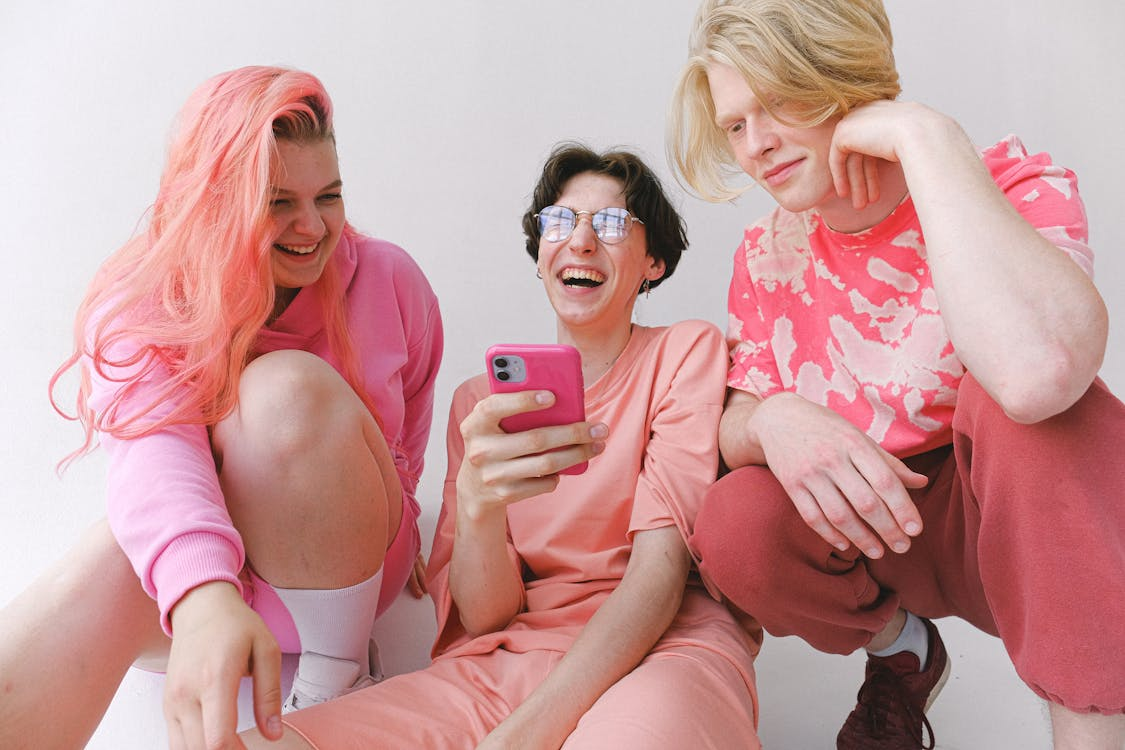Image: Wired
Content warning: uncensored ableist slurs, asylums
There are multiple different ways that I experience ableism as a disabled person. Not only do I have Tourette syndrome, but I also have mental illnesses such as depression and anxiety. The more that I have learned about ableism and disabled issues, the more I realize just how normalized it is. From using disabilities as metaphors to making our language and the spaces that we use inaccessible to disabled people, ableism factors into our daily lives. One of the most apparent manifestations of this is ableist slurs.
Many disabled activists such as myself are often mocked when we bring people up on their use of ableist slurs. Oftentimes, we’re framed as irrational and ‘special snowflakes’ because we simply want to have a conversation about how these slurs have historically been used as justification for centuries of oppression. Whenever we bring up slurs such as ‘dumb’ or ‘crazy,’ we’re told that we’re too sensitive and that we need to “grow up and face the real world.”
Disabled activists simply aren’t being taken seriously and we’re admonished even when we present respectful, well thought-out and researched critiques of ableism.
That being said, I know that there are many abled people out there who have good intentions and who want to better themselves in their allyship to disabled people.
There is a range of ableist slurs that affect different kinds of disabled people. For example, ‘crazy’ is a slur that largely affects mentally ill people. Historically speaking, in the 1570s, it was defined as ‘diseased and sickly’ and it then started to become associated with mentally ill people. Like other slurs such as ‘insane,’ it soon became used to justify the horrific violence and abuse of mentally ill people, notably in the form of asylums, which were established around the 16th century.
Another example is the slur ‘dumb,’ which quite literally means someone who is unable to speak or has difficulty speaking. This usually refers to people who are deaf and/or hard of hearing, as well as people with speech-related disabilities and people with linguistic or communication disabilities.
As I have elucidated with ‘crazy’ and ‘dumb,’ ableist slurs have histories of being used to justify the violence of disabled people. When we’re discussing ableist slurs, they’re not “just words” because this all doesn’t exist in a vacuum. These slurs have been used for centuries to dehumanize us and this really isn’t something you can just shrug off, especially when you are an abled person who doesn’t experience ableism and who actually benefits from our oppression.
At first glance, it might seem like a big commitment to unlearn all of these slurs. Trust me, even as a disabled person, it does take some time and energy to actively remove these slurs from my vocabulary and I still mess up occasionally. But the most important thing is that you’re willing to give it a go and that when you undoubtedly slip up or make a mistake, you put the needs of disabled people before your own feelings. At the end of the day, your self-identification as an ally means nothing if you aren’t placing your support for us at the forefront.
Moreover, I’ve found that as I’ve begun actively removing ableist slurs from my lexicon, I’ve been able to be more specific in what I’m discussing. Instead of writing off a bigot on the internet as an ‘insane idiot,’ I now pinpoint exactly what it is that is so annoying about them. Donald Trump isn’t a ‘crazy psycho,’ he’s a rich white supremacist who’s exploited and weaponized his harmful beliefs to become and maintain his role as the president of the United States, essentially benefitting off of his oppressive beliefs and actions. Thus by eliminating ableist slurs from my vocabulary, not only am I showing my support for disabled people, but I’m also being more precise in the language that I use to describe people and objects.
At the end of the day, abled people really need to trust disabled people on what we tell you about ableism, because not only do we generally know our own history much better than you, but it’s also something we live and experience every single day. We know what we’re talking about and it’s up to you as an abled person to pass on that information to other abled people (in a way that doesn’t center yourself in the conversation) and put in the work so you can rightfully call yourself an ally to disabled people. Also note that it’s not worth unlearning some ableist slurs if you’re going to ignore and keep using others. We understand that this is a somewhat large commitment, but you’ll be helping us, as well as yourself, by using alternatives to ableist language.




